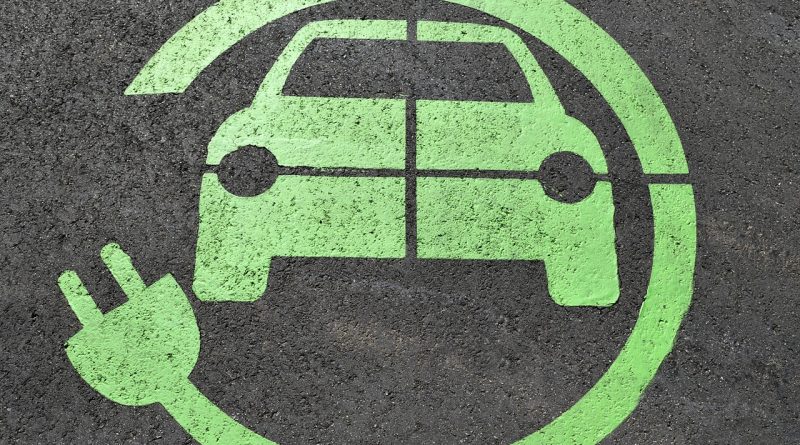Future of Electric cars & dilemma of Car manufacturers
Electric cars, even if they are good, do not make financial sense. Motorists with green tendencies might be attracted to a Electric Car, which is fitted with huge rechargeable batteries.
Nissan is months away from the launch date in US of the world’s first mass-produced electric car, the Leaf. Honda on the other hand last sold a 100 % Electric car, 10 years ago. Nissan also says it is investing £4 billion to develop and produce Electric cars and batteries.
Nissan’s Leaf Car will be priced at £28,350. However, the price that customers will have to pay for expensive battery and other major components that wear out is not being revealed. Hence, there are huge uncertainties surrounding ownership costs.
Nissan’s claim that its new electric car will cost about the same as a comparably equipped Diesel Car is debatable. The Volkswagen Golf 1.6 has a range of 760 miles and costs about £17,000.The Kia Cee’d 1.6 CRDi costs £12,000 and also has 7-year warranty. The Honda Insight, with a range of 565 miles will cost £16,000. And BMW is moving forward plans to roll out an Electric-powered city car by 2013.
Honda says it plans to sell Electric cars in the US, but its priority is to improve the fuel efficiency of new models. Nissan’s Leaf makes its European debut in Portugal and the Netherlands, followed by the UK and Ireland. It has a range of 160km on a fully charged battery. However, running the Air-conditioner for long periods may reduce the range. BMW is also developing front-wheel drive technology to serve as the basis for the Mini.
Car manufacturers, forecast that Electric vehicles will make up 10 % of the global car market by 2020. It is estimated that there will be 70,000 electric cars on British roads by 2020. However, the uncertainties about battery longevity, limited range and long charging times mean that Electric vehicles are likely to remain a niche product in the near future.


